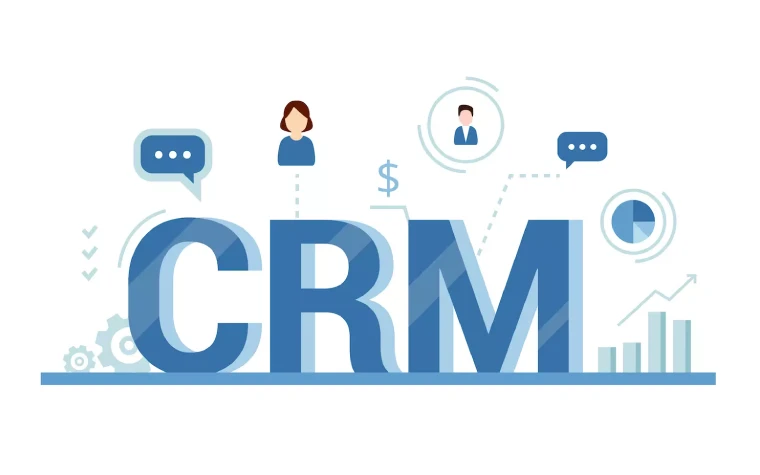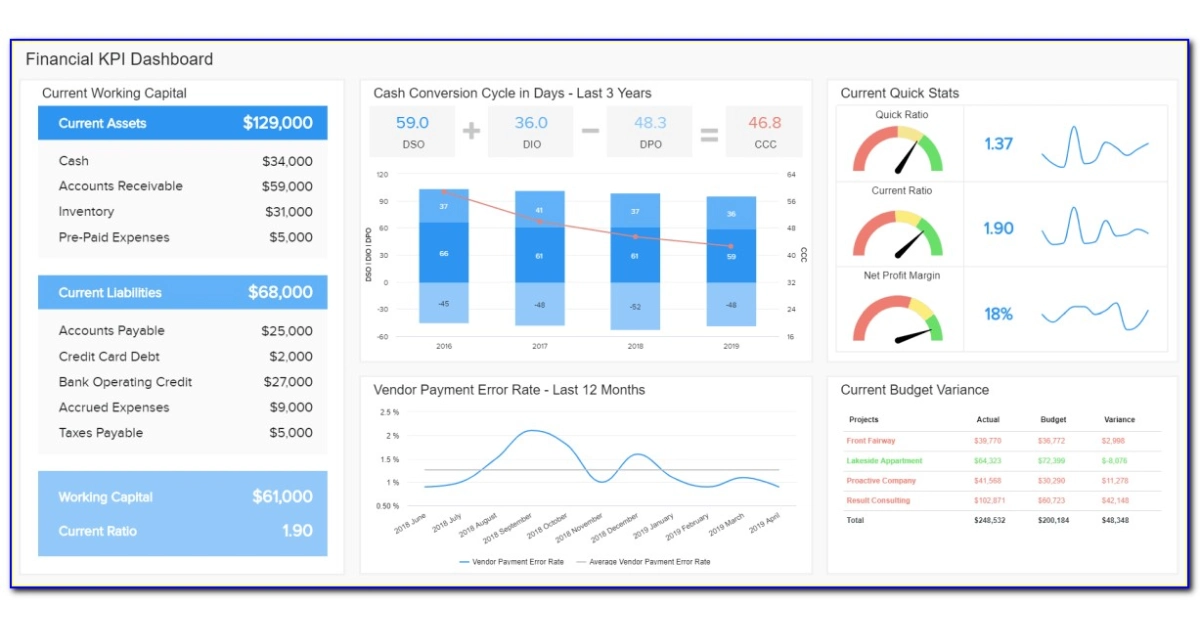
How to Optimize Your Sales Processes with CRM Systems
In today’s competitive business environment, customer relationship management (CRM) has become an integral part of business strategy. CRM systems help businesses streamline their sales processes by providing a centralized platform to manage customer interactions and data. Implementing a CRM system can help businesses improve customer satisfaction, increase sales, and enhance overall efficiency. In this blog, we’ll discuss how to optimize your sales processes with CRM systems.
Optimizing Sales Process With CRM System
Define Your Sales Processes
The first step in optimizing your sales processes with CRM systems is to define your sales processes. This involves identifying the various stages of your sales cycle, such as lead generation, qualification, and closing. Once you’ve identified your sales processes, you can use a CRM system to automate tasks, track progress, and provide insights into your sales performance. For example, a CRM system can help you identify which leads are most likely to convert into customers, which salespeople are performing best, and which marketing channels are driving the most leads.
Organize Your Customer Data
A CRM system can help you organize your customer data and make it easily accessible to your sales team. By centralizing customer data in a CRM system, you can track customer interactions, analyze customer behavior; and identify patterns that can help you improve your sales processes. For example, a CRM system can help you identify which products or services are most popular among your customers; which customers are most likely to refer others to your business, and which customers are most likely to churn.
Organizing your customer data can also help you personalize your interactions with customers. By understanding their preferences, behavior, and history with your business, you can tailor your communications to be more relevant and effective. This can improve customer satisfaction and increase the likelihood of conversion.
Automate Your Sales Processes
One of the biggest benefits of CRM systems is their ability to automate sales processes. By automating tasks such as lead nurturing, follow-up emails, and appointment scheduling; you can save time and improve the efficiency of your sales team. Additionally, automation can help you provide a more personalized experience for your customers by sending them targeted messages based on their behavior and preferences.
Automation can also help you ensure that leads don’t fall through the cracks during the sales cycle. For example, if a lead expresses interest in your product or service but doesn’t make a purchase; your CRM system can automatically send follow-up emails to keep them engaged and provide additional information. This can help you convert more leads into customers and increase your sales.

Analyze Your Sales Performance
Another key benefit of CRM systems is their ability to provide insights into your sales performance. By analyzing data such as conversion rates, deal size, and pipeline velocity; you can identify areas for improvement and make data-driven decisions. For example, if you notice that a particular salesperson is consistently underperforming; you can provide them with additional training or support to help them improve. Alternatively, if you notice that a particular marketing channel is driving a high volume of leads but a low conversion rate; you can adjust your marketing strategy to focus on more effective channels.
Integrate Your CRM System with Other Tools
To further optimize your sales processes with CRM systems, it’s important to integrate your CRM system with other tools that your business uses. For example, you can integrate your CRM system with your marketing automation platform to ensure that leads are seamlessly transferred between systems. Additionally, you can integrate your CRM system with your accounting software to ensure that sales data is accurately reflected in your financial statements.
Provide Your Sales Team with Training and Support
Implementing a CRM system is only the first step in optimizing your sales processes. To ensure that your sales team is fully utilizing the system and reaping the benefits; it’s important to provide them with training and support. This includes training them on how to use the system, providing them with access to customer data and insights, and offering ongoing support to answer any questions or concerns they may have.
Conclusion
In conclusion, optimizing your sales processes with CRM systems can provide numerous benefits for your business. By defining your sales processes, organizing your customer data, automating your sales processes, and analyzing your sales performance, you can improve efficiency, increase customer satisfaction, and drive more sales. However, it’s important to choose a CRM system that meets your business needs and provides the features and functionality you require.
When choosing a CRM system, consider factors such as ease of use, scalability, integration with other tools, and pricing. Additionally, it’s important to ensure that your sales team is trained on how to use the CRM system effectively and that they understand the benefits it provides. By investing in a CRM system and optimizing your sales processes, you can set your business up for long-term success in today’s competitive marketplace.



